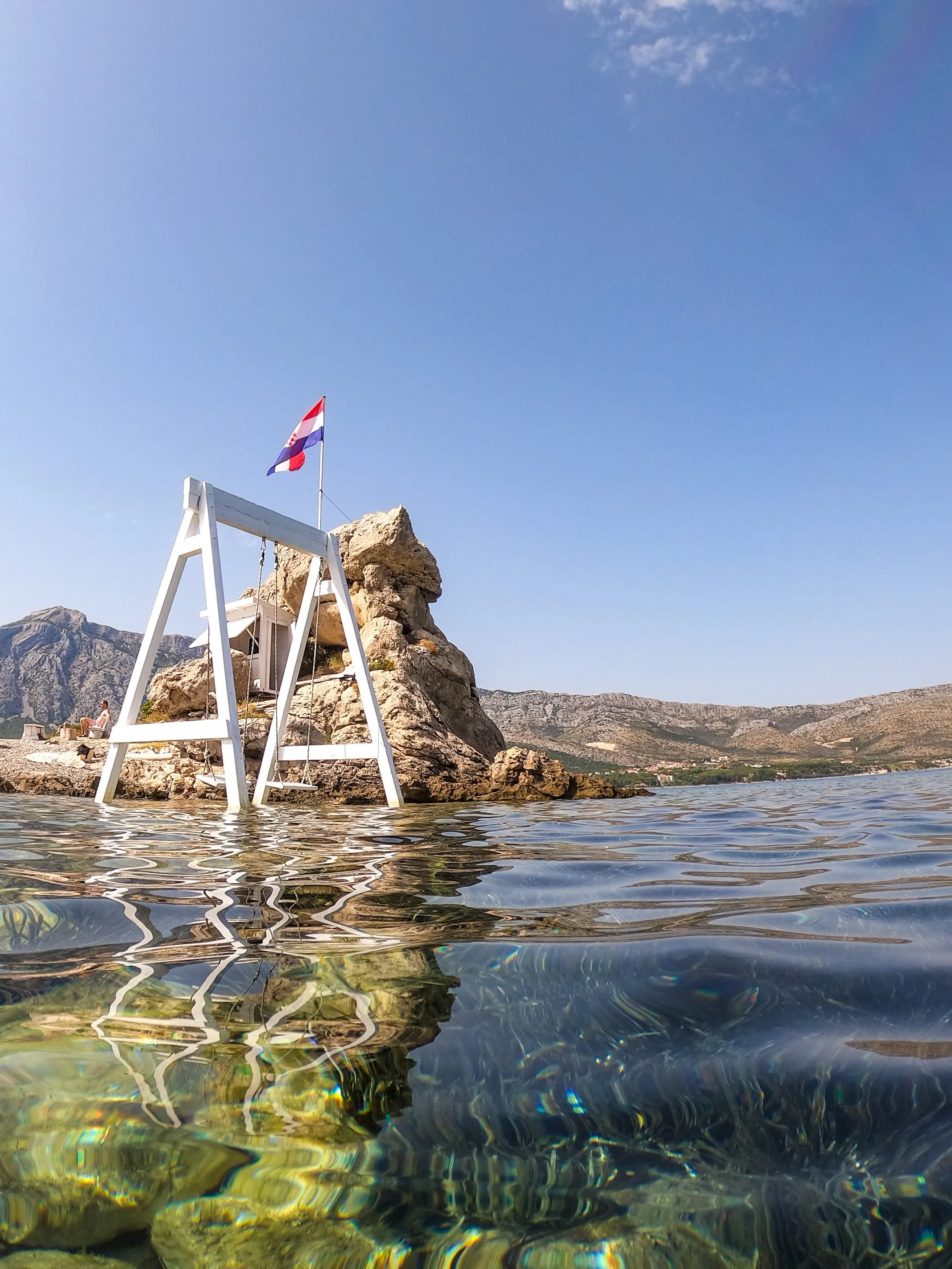Episode 142
Dobro jutro dušo! The gentleman at Let’s Learn Croatian made a resolution to play more music, so here we are with a brand new Sing-a-long episode! Join us as we learn some new vocabulary from the lyrics of Do Tebe Mi Nema by Sandi Cenov! We’re sure you’ll go crazy for this lively love-song!
Lesson
entire - sav
heart - srce
to go crazy - poludjeti
to capture - zarobiti
to separate - rastaviti
kraj - beside or end
Lyrics
Srce je moje poludjelo, samo
je tebe sav moj život čekalo
četiri zida od ljubavi
čekaju tebe, dođji i ostani
i neću, neću više nikog kraj sebe
jer meni nema, nema do tebe
Nema, do tebe mi nema
neka znaju ljudi
koga srce ljubi, ne, ne, ne
nema, do tebe mi nema
dođji i probudi moj život ludi
Srce si moje zarobila, od
onog dana kad si me ljubila
ne daj me, ne daj ljubavi
Ne daj nikada nikom da nas rastavi
i neću, neću više nikog kraj sebe
jer meni nema, nema do tebe
Super Slatko Report
The origins of olive oil date back thousands of years, where it’s said to have been first produced in the Mediterranean basin around 4000 BCE. Ancient civilizations, such as the Minoans, Egyptians, and Phoenicians, cultivated olives and developed methods to extract their oil, which was highly valued for cooking, lighting, and religious ceremonies. Greece and Rome later became major hubs for olive oil production as well, spreading the cultivation of olive trees throughout their empires. This historical legacy established olive oil as a staple of Mediterranean culture and cuisine.
In Croatia, olive oil production began during the Roman period, particularly along the Adriatic coast, where the Mediterranean climate and fertile soil were ideal for olive cultivation. Ancient Roman settlements introduced olive trees to regions such as Istria and Dalmatia, which remain Croatia’s primary olive oil-producing areas today. There is ample Archaeological evidence, including ancient olive presses and amphorae (those tall vase-like clay pots) used for storage. These discoveries show the deep roots of olive oil-making in Croatia’s history. Over the centuries, the craft was passed down through generations, preserving traditional methods that remain a source of pride.
Traditional Croatian olive oil production methods involve a blend of manual labor and simple machinery. After harvesting olives, they are cleaned and then crushed using millstones or wooden mallets. The resulting olive paste is spread onto woven mats or sacks, which are stacked and pressed to extract the liquid. The liquid is a mixture of oil and water (which I’m told don’t mix), which is then left to settle, allowing for the oil to rise to the surface, where it can be skimmed off. This cold-pressing method preserves the natural flavors and nutritional qualities of the oil, yielding a pure olive oil.
Croatia produces several types of olive oil, each with unique characteristics. The most celebrated is extra virgin olive oil, which is cold-pressed without any chemical additives and has a rich, fruity taste. There are Variations on this that reflect the types of olives used, such as the indigenous Buža, Oblica, and Leccino varieties, as well as differences in the soil used that can change the taste and also alternative harvesting techniques. Olive oils from Istria, for example, tend to have a robust, peppery flavor, while Dalmatian oils are milder and more aromatic. These regional distinctions have earned Croatian olive oils numerous international awards and recognition.
In recent years, traditional olive oil-making methods in Croatia have been modernized with the adoption of advanced machinery and technology. Now producers are using Automated mills, stainless steel presses, and temperature-controlled extraction processes that have enhanced efficiency and ensured higher-quality oils with greater consistency. Producers have also embraced organic farming practices, leaning into the growing awareness for sustainable and health-conscious products. You can also find smaller boutique producers that have introduced flavored olive oils, infused with herbs, citrus, or truffles, adding a new twist to Croatia’s ancient craft.
Hopefully I’ve peaked some interest out there. A tasty Olive Oil can be truly amazing, those of you interested should try to get your hands on a bottle and enjoy it to see what it’s all about.
And that’s it for the Super Slatko Report.






